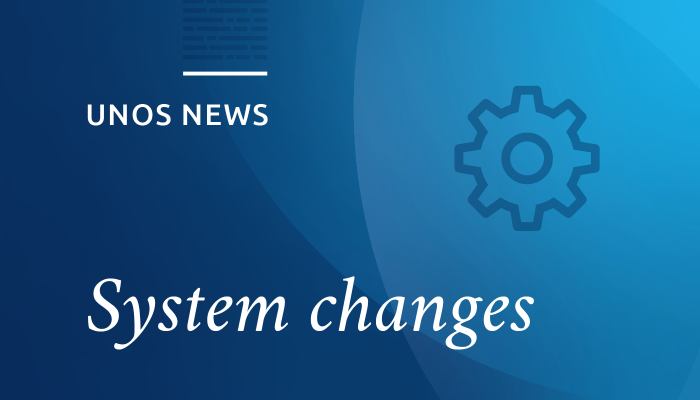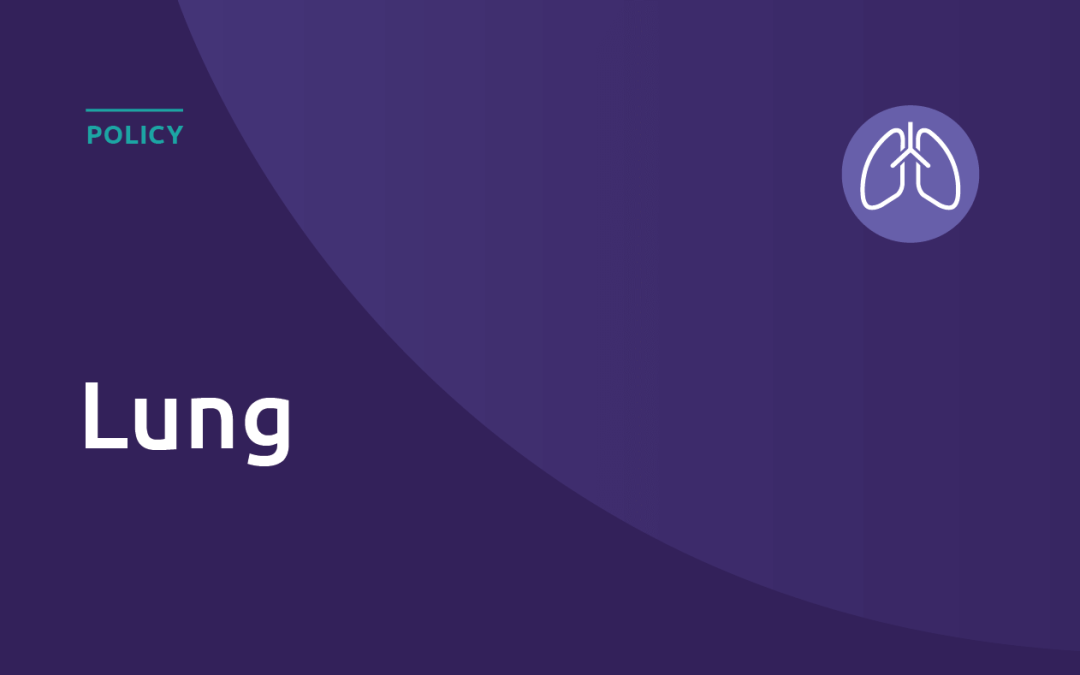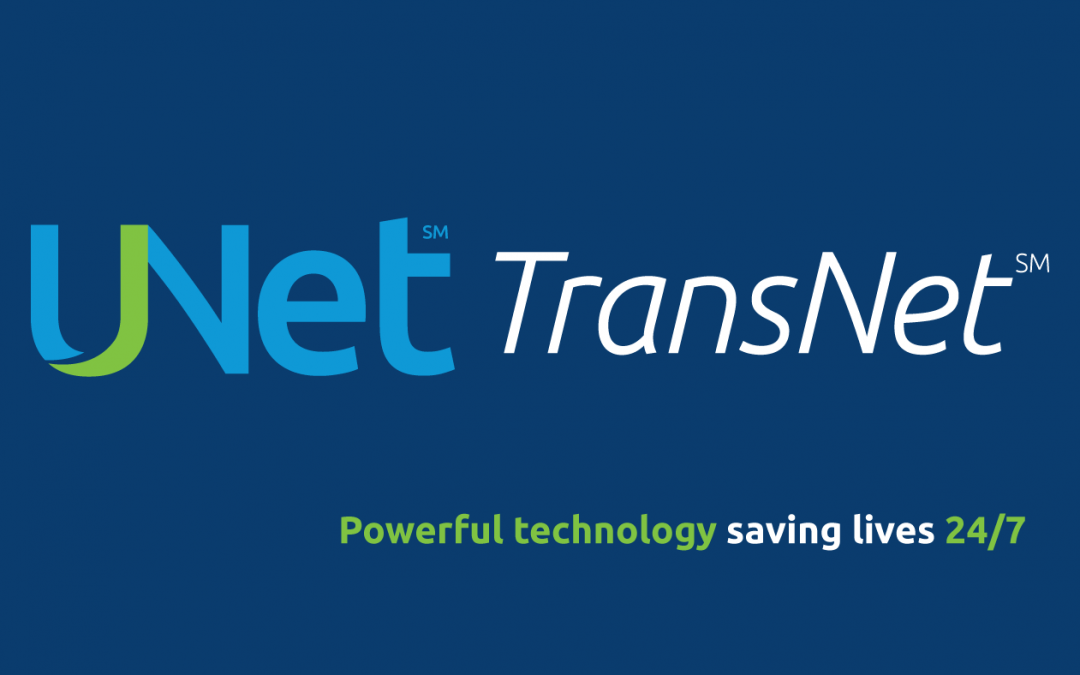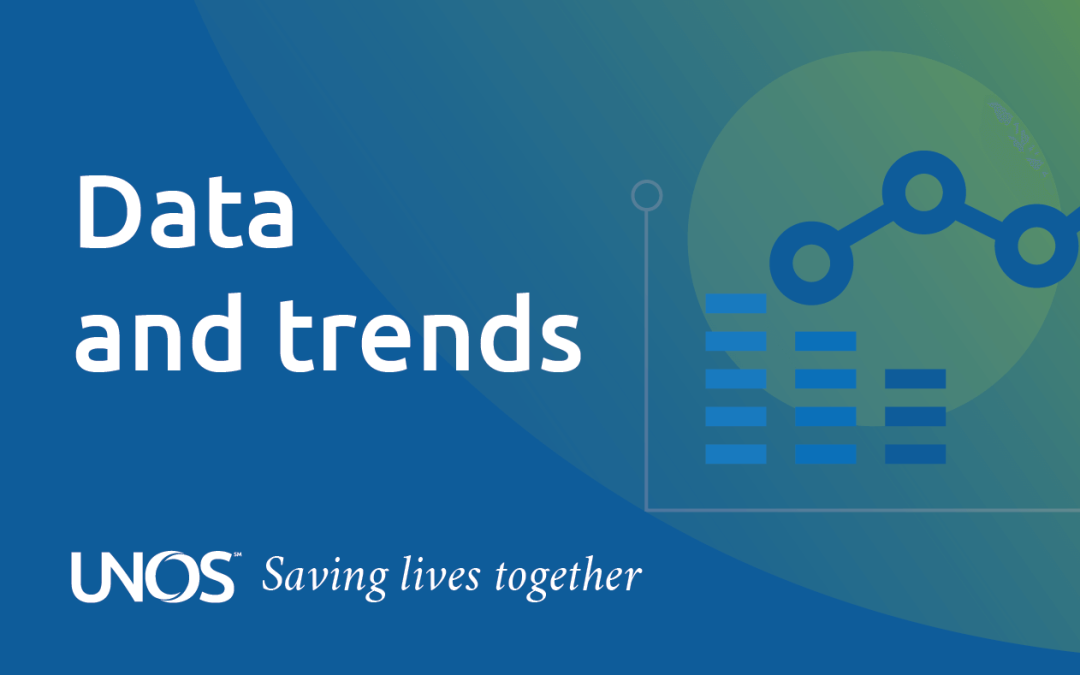By Sara Moriarty
At Saint Barnabas Medical Center in Livingston, New Jersey, continuous improvement efforts, including its Compassionate Care, Healthcare Excellence, and Superior Service (CCHESS) initiative have earned the 585-bed center both national and state recognition for a commitment to quality and patient care.
“It has been transformative. This would not have happened without the involvement of our OPO … it’s a learning experience for them also to see that transplant centers operate differently. The ultimate goal is to have increased organ utilization, better outcomes, and better patient care.”
In 2018, Saint Barnabas Medical Center achieved Magnet recognition, the nation’s highest honor for nursing excellence, from the American Nurses Credentialing Center. In 2017, after being evaluated in the seven areas defined by the Baldrige Excellence Framework, the center was honored with the Mid-Atlantic Alliance for Performance Excellence (MAAPE) Excellence Award—the highest quality achievement award presented at a state level.
Improvement is a constant process, said Andrea Tietjen, director of data and finance in the Renal and Pancreas Transplant Division of New Jersey-based RWJ Barnabas Health, the health network that includes Saint Barnabas Medical Center (SBMC).
Tietjen, who has served in her role since 1999, explained that the SBMC leadership consider the staff member who answers the phone to be as much a factor in the center’s success as that of the most senior transplant surgeon: “There are certain innate skills that are very difficult to teach. You can teach the technical skills, but you can’t teach the innate personality skills that are so vital to how we deliver good care. That’s the type of individual who really makes a difference in our department … we want to celebrate them and promote them up.”
Collaboration is another element in SBMC’s continuous improvement plan. The hospital shares learnings with its partners and providers, especially with its OPO, the New Providence-based NJ Sharing Network. The OPO and the transplant center attend one another’s quarterly quality meetings as well as monthly rotating meetings. In these joint sessions, they share data about organ offers, acceptances and outcomes. “There’s engagement,” says Tietjen. “They see what we’re doing. We see what they’re doing.”
The 2015 merger that brought together Barnabas Health (which included SBMC) and Robert Wood Johnson Health System makes RWJ Barnabas Health the largest hospital network in the state.
In addition to SBMC, which performed 126 deceased donor transplants and 154 living donor transplants in 2018, RWJ Barnabas Health has two other kidney transplant centers in its system: Newark’s Beth Israel Medical Center and Robert Wood Johnson University hospital in New Brunswick. They recently began to participate in what they call a joint organ offer meeting with their OPO. If SBMC turns down an organ, but it is accepted and transplanted by one of the other centers, the physicians are ready to listen and learn why.
Says Tietjen, “It has really been transformative. And I think that this would not have happened without the involvement of our OPO … and it’s kind of a learning experience for them also to see that transplant centers operate differently. The ultimate goal is to have increased organ utilization, better outcomes, and better patient care.”
Saint Barnabas Medical Center and the NJ Sharing Network also host the collaborative event “Walk in Our Shoes” twice a year. During the all-day event, held at alternating facilities, each organization shares their processes—a transplant coordinator can hear a donor coordinator talk about what they experience, and vice versa. “So we really understand all the things that need to be done,” explains Tietjen. “And it just gives us a better awareness and sensitivity and understanding, and it fosters a more collaborative environment.”
Tietjen notes that it’s when a team starts to think they know it all that they start to fail: “Keeping the success to ourselves does the patient no good. It’s really about learning from others and sharing what we’ve learned.”






